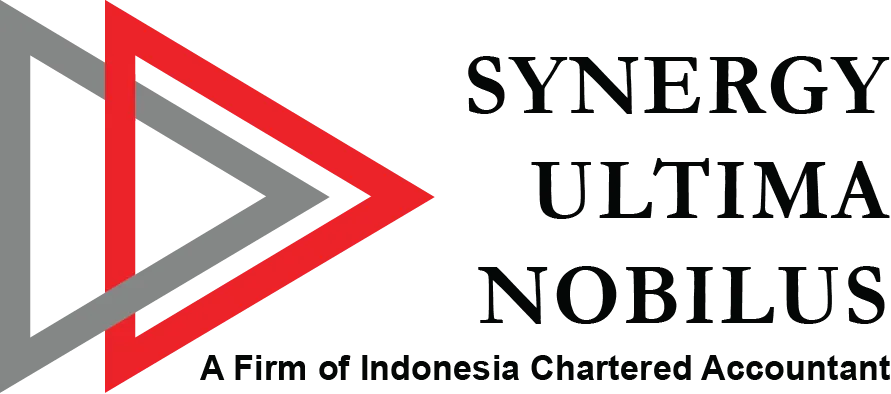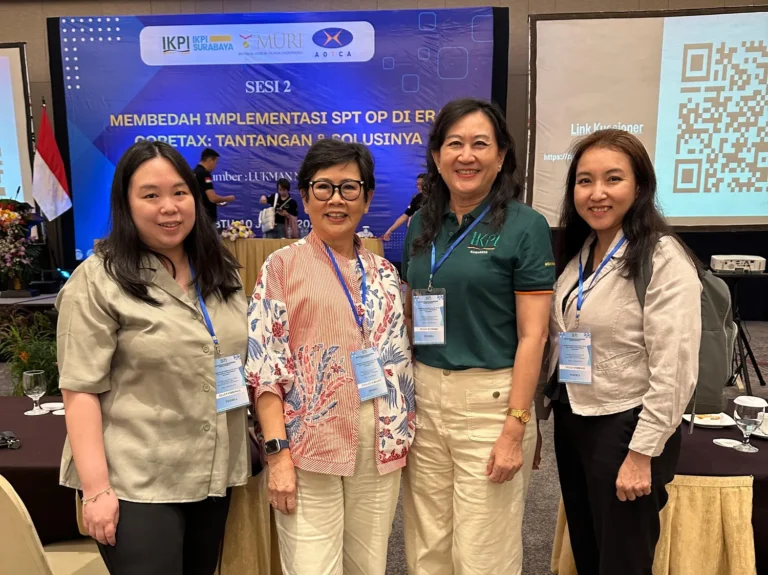- Phone: (031) 849 5566
- WA: +6282140060234
- Email: [email protected]
- Hours: Mon-Fri, 8am - 5pm
The Importance of Segregation of Duties in a Company’s Financial Functions
Segregation of Duties (SoD) is a fundamental principle in a company’s internal control system. Its purpose is to reduce the risk of fraud, errors, and misuse of authority. In the context of financial functions, segregation of duties is crucial because it directly relates to the management of company assets. Without proper segregation of duties, a single individual could have complete control over a financial process from start to finish. This creates significant opportunities for data manipulation, embezzlement, or misuse of assets without detection.
Key Pillars of Financial Functions That Must Be Segregated
According to Arens et al. (2020), a healthy financial system requires the segregation of duties (SoD) across three core functions to prevent fraud and errors: authorization, recordkeeping, and custody of assets. This segregation is a fundamental principle of effective internal control.
- Authorization of Transactions
involves approving transactions (e.g., payments, purchases) and should be performed by managerial personnel or designated authorities. - Recording of Transactions
entails entering transaction data into the financial system and reconciling information, typically handled by accounting staff. - Custody of Assets
refers to the physical management of assets (e.g., cash, checks, inventory, or operational vehicles), usually assigned to cashiers or warehouse personnel.
When a single individual handles more than one of these functions, the risk of manipulation or errors rises due to the absence of checks and balances. Thus, segregating these duties is a foundational principle of internal control for companies, regardless of size.

Challenges in Implementing Segregation of Duties
While crucial, implementing Segregation of Duties (SoD) is not always straightforward—especially for small to medium-sized businesses. Common challenges companies face include:
- Limited Human Resources
Companies with small teams often assign multiple critical functions to a single employee. This increases the risk of undetected errors or fraud. - Immature Organizational Structure
Without a clear organizational framework, task divisions become ambiguous, leading to overlapping employee responsibilities. - Lack of Written Procedures and SOPs
When formal procedures are absent, employees work based on habit rather than documented rules. This complicates control and evaluation processes. - Operational Focus Over Internal Controls
Many companies prioritize operational efficiency over internal controls, leaving financial safeguards neglected. For example, in logistics departments, companies often assign a single employee to handle purchase orders, goods receipts, and inventory records to streamline operations, inadvertently creating opportunities for undetected stock fraud due to poor segregation of duties. - Low Management Awareness
Business owners or leaders sometimes assume internal controls are only for large corporations, despite small businesses being equally vulnerable to internal fraud.Does your business face these challenges too?
The Strategic Role of Management Consultants
Management consultants help companies address these challenges through practical solutions:
- Risk Analysis & Process Mapping
Consultants map existing workflows and identify critical points requiring role segregation to mitigate risks. - Designing Efficient Organizational Structures
Even with limited staff, consultants develop frameworks that separate key functions or recommend compensating controls (e.g., periodic reviews or job rotations). - Developing SOPs & Operational Manuals
Clear Standard Operating Procedures define responsibilities and processes, ensuring accountability and transparency. - Team Training & Awareness Programs
Consultants provide comprehensive training to instill organization-wide understanding of internal control importance. - Implementing Accounting Systems
Digital systems (e.g., accounting software or ERP) can restrict access/authorizations by role, enhancing control effectiveness.
You may also like: Accounting Profession: Who They Are and What They Do
PT Synergy Ultima Nobilus As Management Consultant
As consultants who combine expertise in management, accounting, and organizational development, PT Synergy Ultima Nobilus (PT SUN) also provides the following services:
Employee Talent Mapping
Assisted by certified psychologists, we help companies understand employee potential and role compatibility. This is crucial in designing efficient organizational structures and reducing job misplacement risks. At PT SUN, we practice what we preach – our ‘Who Am I’ program effectively matches team members’ strengths to their roles using this approach.
Organizational Structure and Standard Operating Procedure (SOP) Design
We help companies design efficient organizational structures with clear task divisions and practical Standard Operating Procedures. We begin by analyzing existing workflows, then develop structures that separate critical functions like authorization, recordkeeping, and asset management – even for small teams. Together with clients, we develop easy-to-understand Standard Operating Procedures using simple language, covering: daily workflows, position-specific responsibilities, approval mechanisms, and emergency procedures. The result is a system that not only meets internal control principles but is also easy to implement by the entire team in daily operations.
Internal Compliance and Effectiveness Evaluation
We help conduct regular reviews of work processes and internal controls across departments to ensure alignment between field practices and company policies with good governance principles. This service includes cash counts, inventory checks, receivables verification, and other asset checks to ensure recorded data matches actual conditions. Our reports and recommendations can serve as the basis for continuous improvements across operational lines.
Accounting Information System Implementation
We help companies still using manual record-keeping to transition to digital accounting systems. Our team of top accounting graduates thoroughly understands business bookkeeping needs, enabling us to select and implement systems suited to your company’s size and transaction complexity.
Contact us for further consultation.
Reference:
Arens, A. A., Elder, R. J., & Beasley, M. S. (2020). Auditing and assurance services (16th ed.). Pearson.





